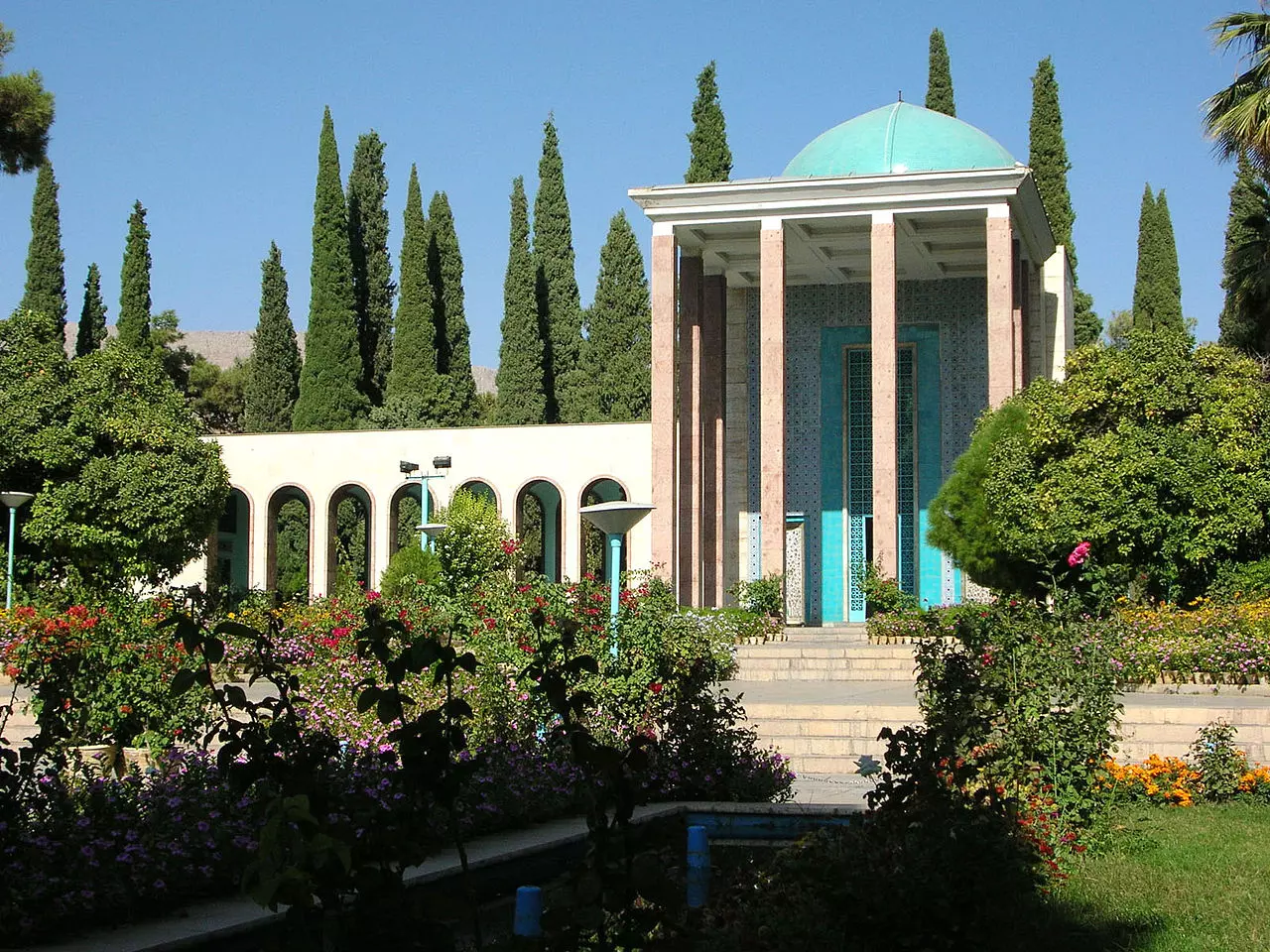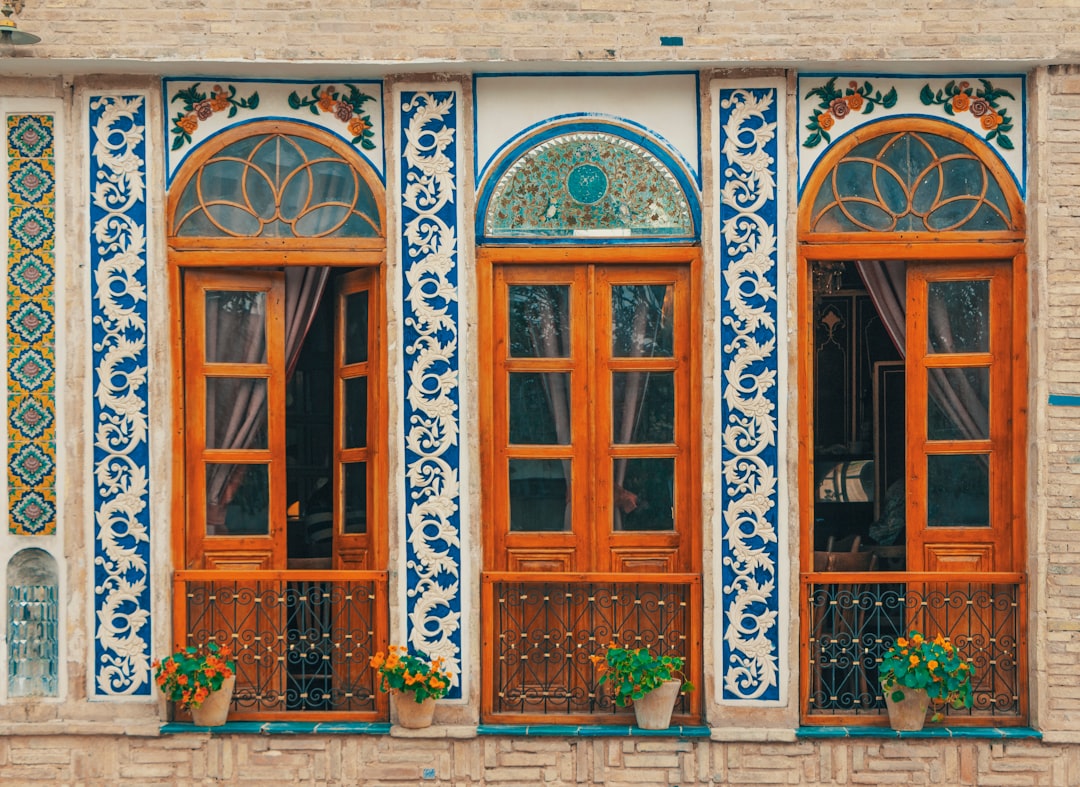Saadi Day, observed each year on April 21 (1 Ordibehesht in the Iranian calendar), celebrates the life and works of the great Persian poet Saadi Shirazi, whose ethical wisdom and literary craftsmanship continue to inspire readers worldwide. On this day, Iranians and visitors gather at his tomb in Shiraz and participate in readings, cultural events, and reflections on his enduring message of compassion and unity.
Who Was Saadi Shirazi?
Early Life and Travels
Abu‑Muhammad Muslih al‑Din bin Abdallah Shirazi—known by his pen‑name Saadi—was born in Shiraz around 1210 and died there in 1291 or 1292. He studied theology and literature in Baghdad before embarking on extensive travels through Anatolia, India, Central Asia, and the Levant, experiences that deepened his understanding of humanity and informed his writing.
Major Works: Gulistan and Bustan
Saadi’s two masterworks, the prose‑and‑verse Gulistan (The Rose Garden) and the entirely versified Bustan (The Orchard), blend anecdote, aphorism, and moral reflection. Gulistan, completed in 1256, remains one of the most translated works of Persian literature, while Bustan’s ethical maxims continue to be quoted across cultures.
Establishment of Saadi Day
Historical Origins
The commemoration of Saadi’s death was first formalized in Iran in the mid‑20th century, when cultural institutions sought a national occasion to honor his contributions to Persian letters and moral philosophy.
Date and Calendar
Saadi Day falls on April 21 each year (April 20 in leap years), corresponding to 1 Ordibehesht in the Solar Hijri calendar—the date Saadi cites for finishing the Gulistan in 1256. Official announcements by the Iranian Ministry of Culture consistently reiterate April 21 as the National Commemoration Day of Saadi Shirazi.
Celebrations and Traditions
Commemoration at the Tomb
Every April 21, crowds of locals and foreign tourists converge on Saadi’s mausoleum (Saadieh) in Shiraz. Wreath‑laying ceremonies, public readings from Gulistan and Bustan, and performances of Sufi devotional music are common features.
Cultural Events and Lectures
Universities and cultural centers across Iran host seminars on Saadi’s social and moral thought, while translations of his work are launched abroad to mark the occasion. Stationary exhibitions of calligraphy featuring his quatrains appear in galleries from Tehran to Isfahan, celebrating his poetic mastery.
International Recognitions
Iranian embassies in The Hague, Geneva, Vienna, and beyond hold recitals and banquets in Saadi’s honor, underscoring his status as a global cultural ambassador of Persian literature.
Saadi’s Enduring Legacy
Influence on Persian Literature
Alongside Rumi and Hafez, Saadi is revered as one of the triumvirate of classical Persian poets, his versatile prose and verse shaping narrative and lyrical traditions for centuries.
Global Quotations
Notable Western figures—from Ralph Waldo Emerson to Ernest Hemingway—have quoted Saadi’s famous quatrains on human unity (“Human beings are members of a whole…”) to underscore tolerance and interconnectedness.
How to Celebrate Saadi Day
Visit Saadieh in Shiraz
If you can travel, join the pilgrimage to Saadi’s tomb in Shiraz, where the peaceful gardens and turquoise‑tiled mausoleum evoke the spirit of his poetry.
Read and Reflect: Recommended Passages
Consider revisiting the opening chapters of Gulistan for its vivid moral parables or the concluding stories of Bustan for its timeless counsel on justice, humility, and love.
Community Appreciation
Organize a reading circle or online discussion, sharing your favorite Saadi quotes and exploring their relevance to modern social challenges—just as Iranians have done for generations.
Conclusion
Saadi Day is more than a historical commemoration—it’s a living testament to the power of literature to bridge cultures and epochs. Whether through quiet reflection on his writings or festive gatherings at his shrine, celebrating Saadi Shirazi reminds us that empathy, wisdom, and art remain vital forces in our shared human story.





